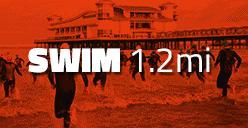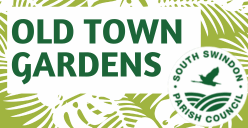In case you missed it see what’s in this section
Let's Talk
What Should You Do if You Suffer an Accident in Public?
Accidents happen – and sad fact of life as it is, they happen often
According to the Royal Society for the Prevention of Accidents (RoSPA), there are 6,000 tragic fatalities each year as a result of accidents in the home alone. But accidents in public can be much less your fault and more dangerous, if a little less common. What should you do in the event that you’re unlucky enough to suffer such an accident?
Accidents and Public Liability
Trips, slips and falls are the most common causes of accidental injury in the UK, whether at work or simply out and about. The risk of tripping and falling is always somewhat present, and can present itself in the most innocuous of ways; however, many trips and falls are not only avoidable but preventable, and are by no means the fault of the person who trips.
In situations where a person has suffered such an injury in public, as a result of impropriety on the part of the authority responsible for the area – whether poor signage for a change in terrain, an unrepaired pot-hole or raised flagstone, or even tools and equipment left out by contractors – liability for recompense falls to that authority.
They might be the council, responsible as they are for the upkeep of public infrastructure; alternatively, they might be the contractors undertaking public works in an unsafe way. Whatever the case, the injured party has a valid civil claim to make. If you find yourself unfortunate enough to suffer a trip or fall in public, what are the key steps you should be taking?
Medical Attention
First and foremost comes your physical condition. Medical attention should always be a priority after a fall of any severity, to ensure that your condition does not worsen. Someone on the scene may have first aid experience, but this should not be relied upon; calling for an ambulance is the safest bet, particularly where undiagnosed head or spine injuries could be present. You should also make a point to document your treatment and recovery process overall, in order to build as strong a case as possible and a clear image of the costs incurred by your accident.
Photographic Evidence
If you have the means, you should endeavour to take as many pictures as you can – both of the extent of your injuries, and of the scene of the accident. If you tripped as a result of misplaced tools or poor temporary signposting, evidence of the cause for your fall could be tidied away – harming the strength of your eventual civil case.
Witness Testimony
Further to collecting photographic evidence, you or someone else present should also do their best to collect the personal details of any witnesses at the scene or in the vicinity. It can be extremely helpful to your potential case against a council, institution or individual if you can provide multiple third-party statements corroborating your version of events. You might take voice notes on the scene immediately after the accident, or contact them in the future to arrange a signed statement of sorts.
Weather in Swindon
Listings





















